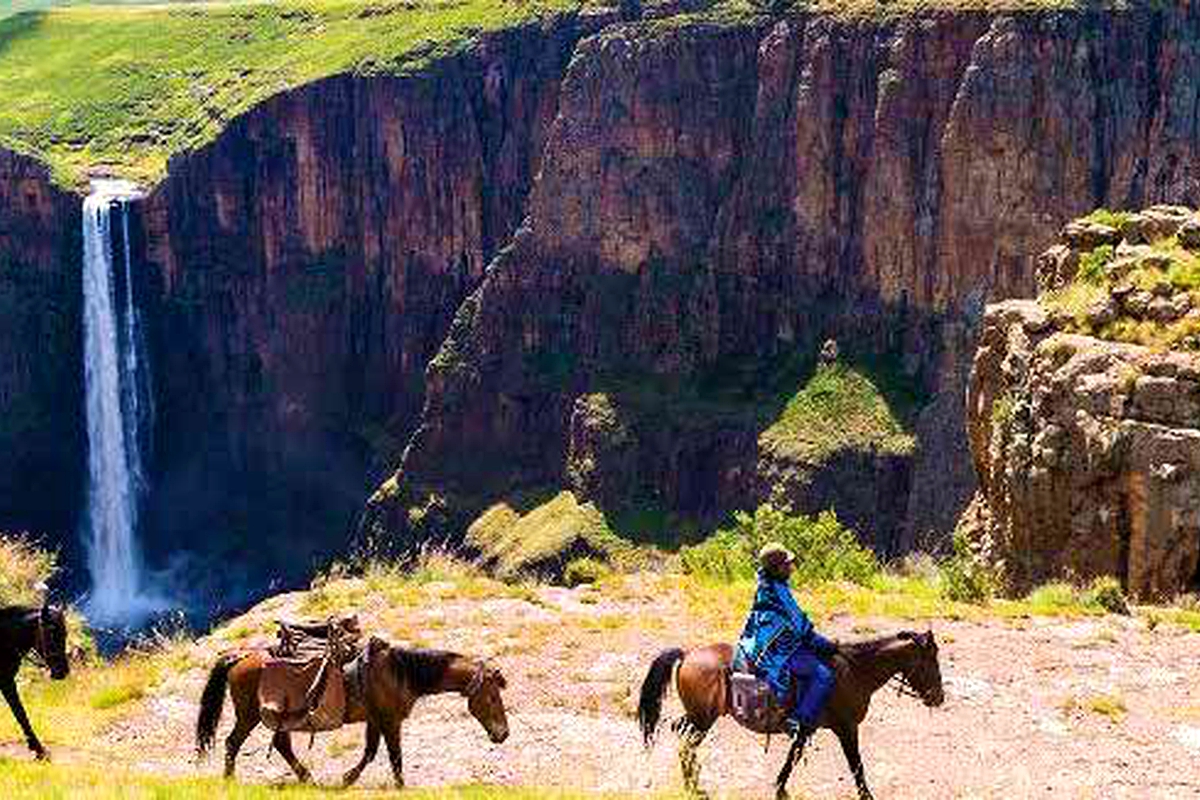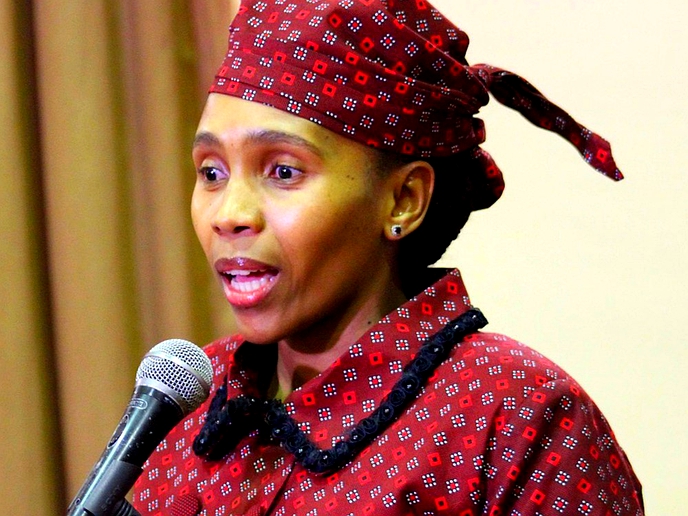Global restrictions on travel have dealt a devastating blow to African nations who depend on tourists and their hard currency to support an industry that employs millions of people on the continent.
health
Aug. 13, 2020
STAFF REPORTER
2 min read
COVID-19 travel restrictions devastate tourism

National carriers in Mauritius, Kenya and Namibia run into more financial trouble as flights were grounded. In South Africa, listed hotel group, Sun International, announced two of its casinos won’t reopen after the country’s coronavirus lockdown ends. The Kenyan government expects losses of as much as $511 million in hotel-room revenue if the pandemic persists.
Travel and tourism contributed $168 billion to African economies last year, according to the World Travel and Tourism Council. Island nations including Mauritius and Seychelles heavily rely on the travellers for revenue.
Several African economies without mineral resources and oil have managed to monetise their beaches and wildlife. Uganda and Rwanda are popular destinations for mountain gorilla trekking, while Mauritius, Seychelles and Comoros have drawn millions of tourists seeking seaside holidays. Spending by these visitors, a key source of revenue has dried up since March.
In 2019, the number of visitors to Mauritius was about 1.4 million - that was more than its population of 1.3 million people. The picture changed when the Indian Ocean island nation imposed a lockdown from March 20 and arrivals for April, May and June were almost zero. The country recorded its last Covid-19 death on April 27, but that won’t be enough to get tourists back. Its national carrier,
Enjoy our daily newsletter from today
Access exclusive newsletters, along with previews of new media releases.
key to transferring the guests, was placed under voluntary administration and travel restrictions remain in Mauritius’s biggest source-markets including France and South Africa.
South Africa, the impact of restrictions on the movement of people and business, also showed up in domestic-tourism numbers. Income from accommodation fell 99% during the first full month of the lockdown, and has yet to recover. The crash in food-and-beverage sales eased slightly in May as restaurants opened for delivery, but a renewed ban on the sale of alcohol could further weigh on the industry. Travel for leisure is still only allowed within provinces, which means seaside holidays and most game resorts are off limits to people in Gauteng, the richest and most populous province.
Bloomberg
Tailored for you






